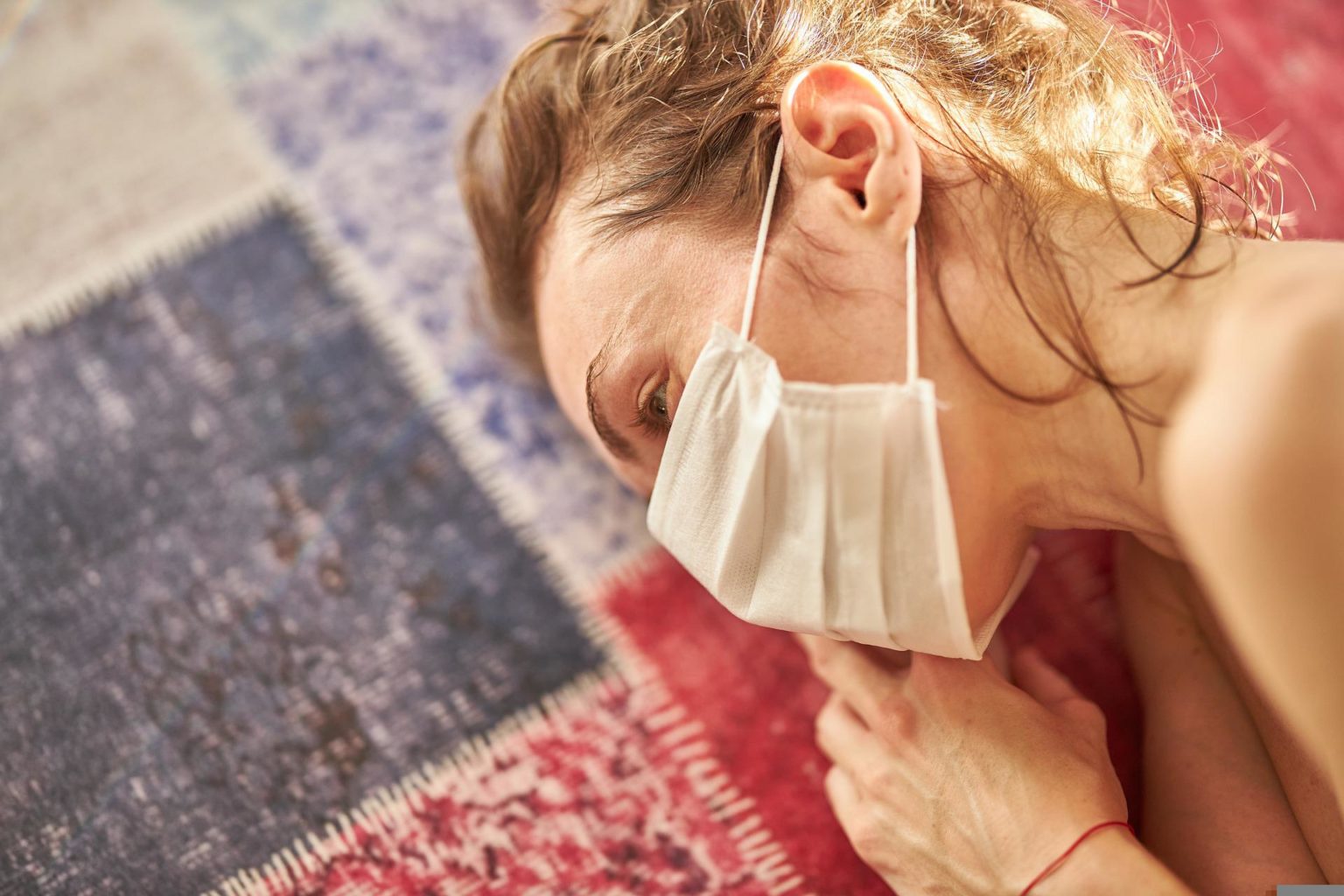The COVID-19 pandemic has seriously affected our daily habits, mental health, and sleep patterns. As we know, waking experiences can affect dreams. A group of Italian scientists—Scarpelli, Gorgoni, Alfonsi, Annarumma, and De Gennaro—have studied changes in people’s sleep patterns as a result of lockdown.
The authors attracted more than a thousand volunteers and conducted an online survey. In a second stage, ninety people took part in a more detailed study that lasted two weeks: the last week of complete lockdown (April 28—May 4) and the beginning of the easing of restrictions (May 5–11). Respondents had to fill out a dream diary every morning.
Using this data, the scientists analyzed many aspects of sleep. For example, they noted an increase in negative sleep scenarios and poor sleep quality in general, which are easily explained by the collective trauma experienced by the whole world. A more interesting finding was the increase in the frequency of lucid dreams (LD) during quarantine. Perhaps this was a consequence of symptoms associated with COVID-19, such as a large number of awakenings in the middle of the night and improved dream memory.
In general, the authors emphasize the strong impact of the pandemic on sleep. They also suggested that the high frequency of LD during the lockdown period may reflect an attempt to cope with waking experiences. The scientists plan to conduct a more in-depth study focusing on people who have had COVID-19, suggesting that the severity of the infection may also matter.
Have you noticed an increase in the frequency of lucid dreams during the lockdown period?
The article was published in July 2022 in the journal Sleep Medicine.
Get all the latest news about lucid dreams via our channels on Telegram, Instagram, Facebook




